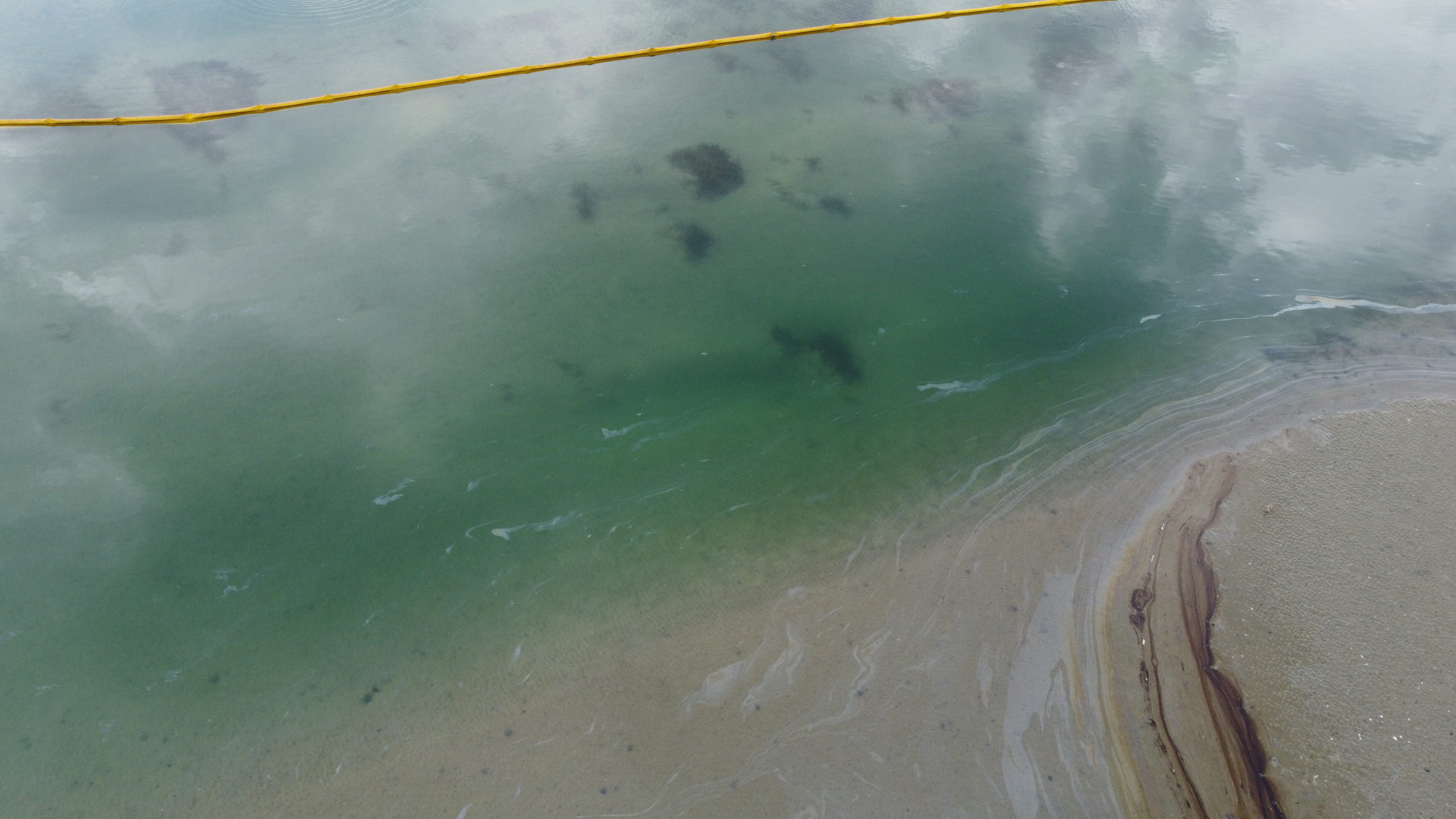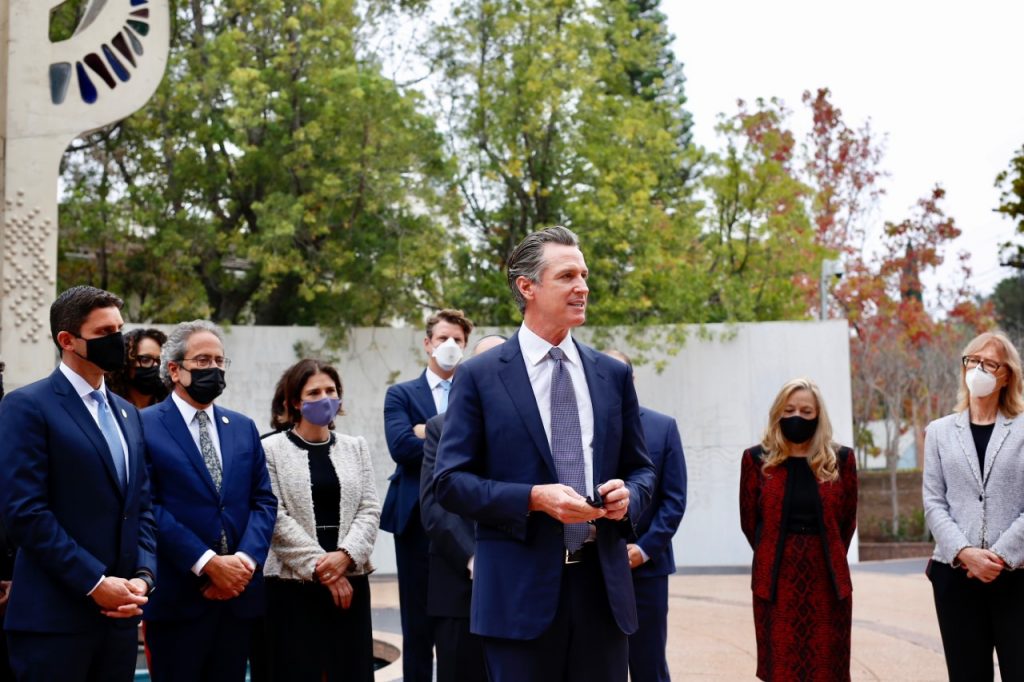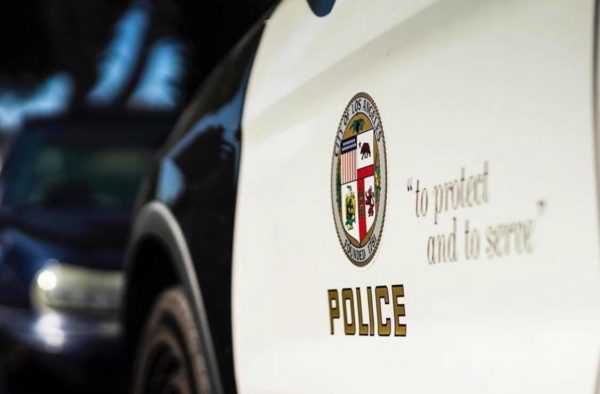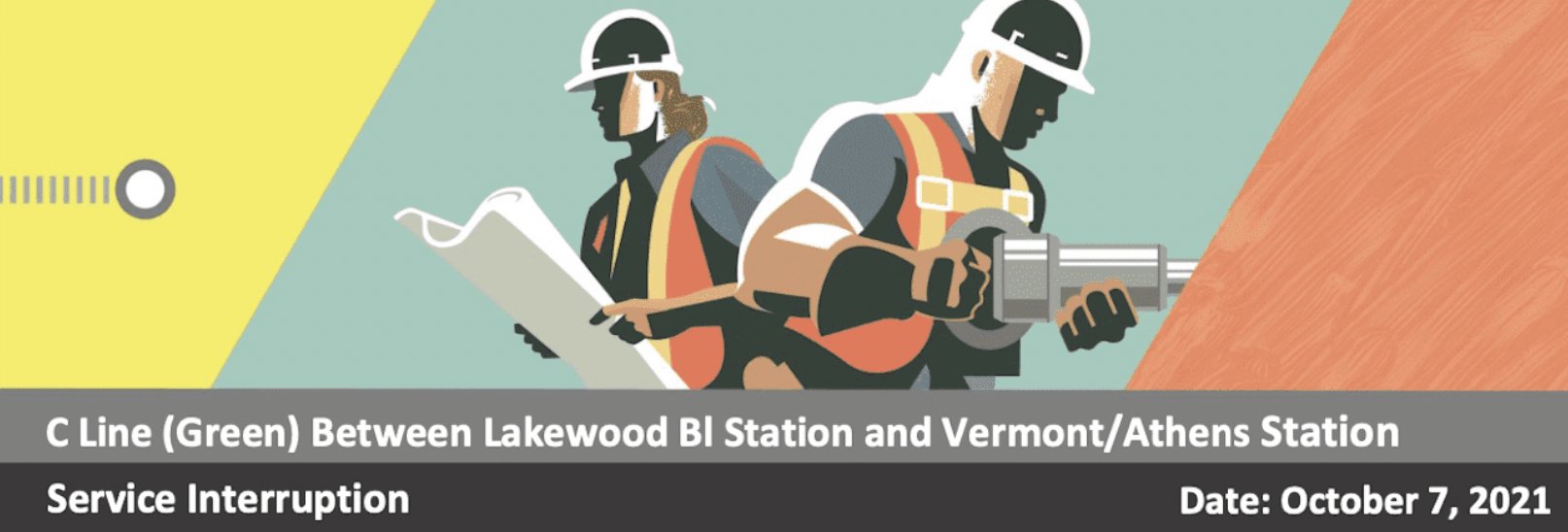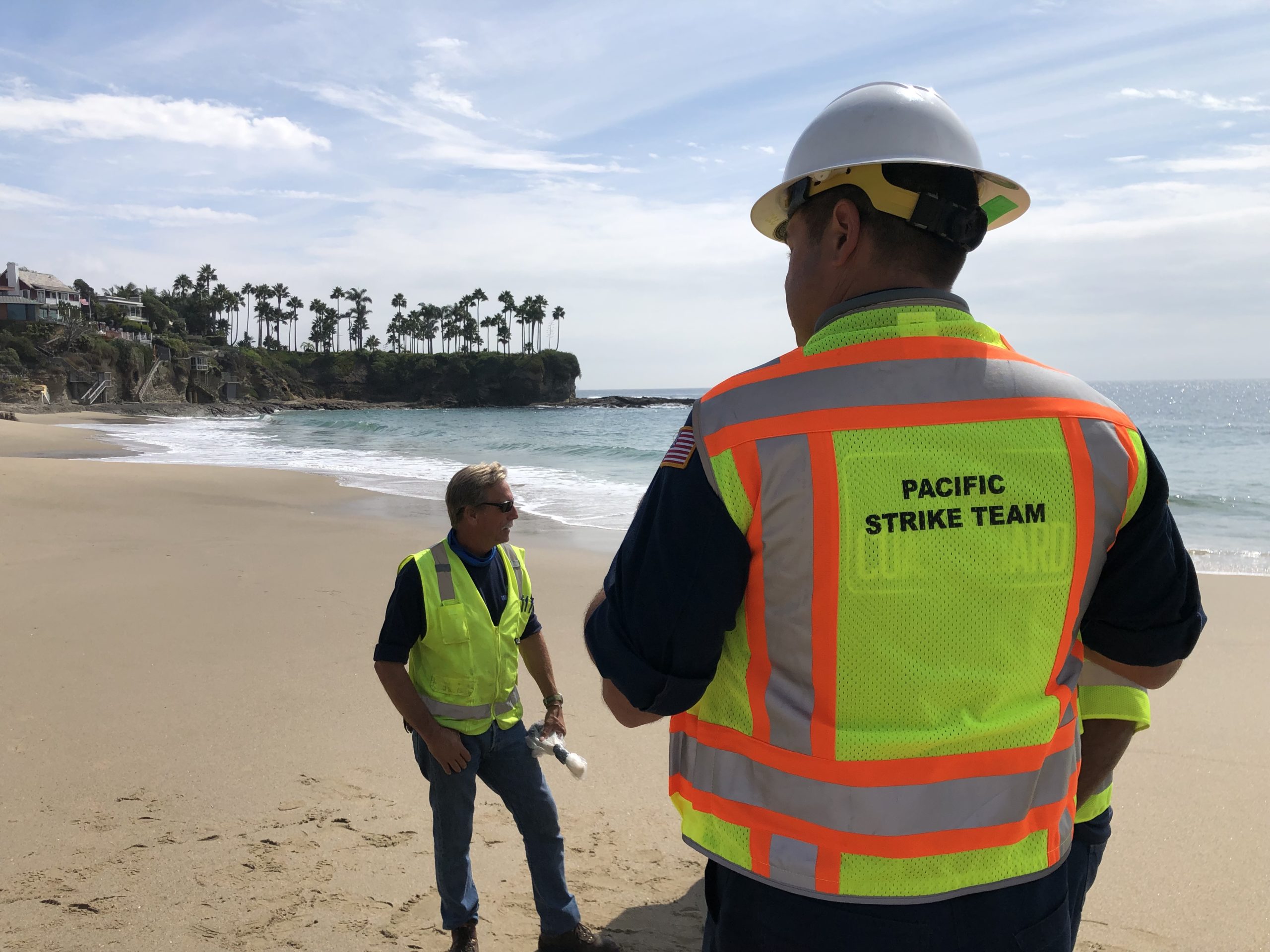Rep. Lou Correa, D-Santa Ana, said Wednesday that he has been advocating for a ban on any more offshore oil drilling for at least five years, but in the meantime more must be done to use satellite technology to spot leaks earlier than the one that occurred in Huntington Beach this weekend.
Rep. Mike Levin, D-Dana Point, told City News Service on Monday that he was also pushing for a ban on offshore drilling before last weekend’s spill, including inserting legislation in the Build Back Better infrastructure bill.
Rep. Katie Porter, D-Irvine, is a co-sponsor of the West Coast Ocean Protection Act, which bars leases off the Pacific Coast and supports the Build Back Better Act, which includes a prohibition on new offshore drilling in federal waters on the Pacific and Atlantic coastlines as well as the Eastern Gulf of Mexico.
Rep. Alan Lowenthal, D-Long Beach, issued a statement Tuesday supporting a phasing out of offshore drilling.
“As we move toward a renewable energy future, and as we saw over the weekend, it is clear that offshore fossil fuel production in federal waters presents one of the highest risks to the public and our environment and must be one of the first sources that are completely phased out,” Lowenthal said. “Congress must take steps to make this happen as soon as possible to prevent these recurring ecological disasters, including passing the West Coast Ocean Protection Act to permanently ban oil and gas drilling in federal waters off the coast of California, Oregon and Washington.”
Reps. Young Kim, R-Placentia, and Michelle Steel, R-Huntington Beach, did not respond to messages asking for their positions on the subject.
Correa took an aerial tour of the area with Coast Guard officials Tuesday and said he had trouble seeing the oil slick.
“I was literally hanging on to the back of a C-26 cargo plane … and it’s very hard to see, very hard for the naked eye to figure out, but if you have satellites with ways to pick this up you could pick it up quite quickly,” Correa told CNS.
He said he came away from a discussion with Coast Guard officials convinced that the satellite technology should be used more to get a jump on oil leaks.
“There’s more satellites now begging you to buy their data,’ Correa said. But in the long run, “I think it’s time we stop it,” Correa said of offshore drilling.
“You need to do a cost-benefit analysis,” he said. “When we have a break like this it affects fisheries, it affects food, tourism, damage to the environment, and those are big things in our society.”
He added that the state’s beaches “are big tourist attractions. You shut that down it’s huge dollars.
“You can be energy independent and still do drilling, but not offshore,” he added. “Clearly, this accident shows how vulnerable we are to breakages in the system.”
Correa said because of the COVID-19 pandemic there is a great deal more shipping traffic, and that may have contributed to the leak in a way.
“Our sea ports are inundated with ships,” he said. “They can’t be unloaded fast enough, so there’s more traffic in the area.”
Federal investigators have suggested a cargo ship’s anchor may have dragged the pipeline, rupturing it.
“I suspect there are so many ships out there … these things are going to happen,” Correa said. “So in an unforeseen way COVID (possibly) has another victim here.”

